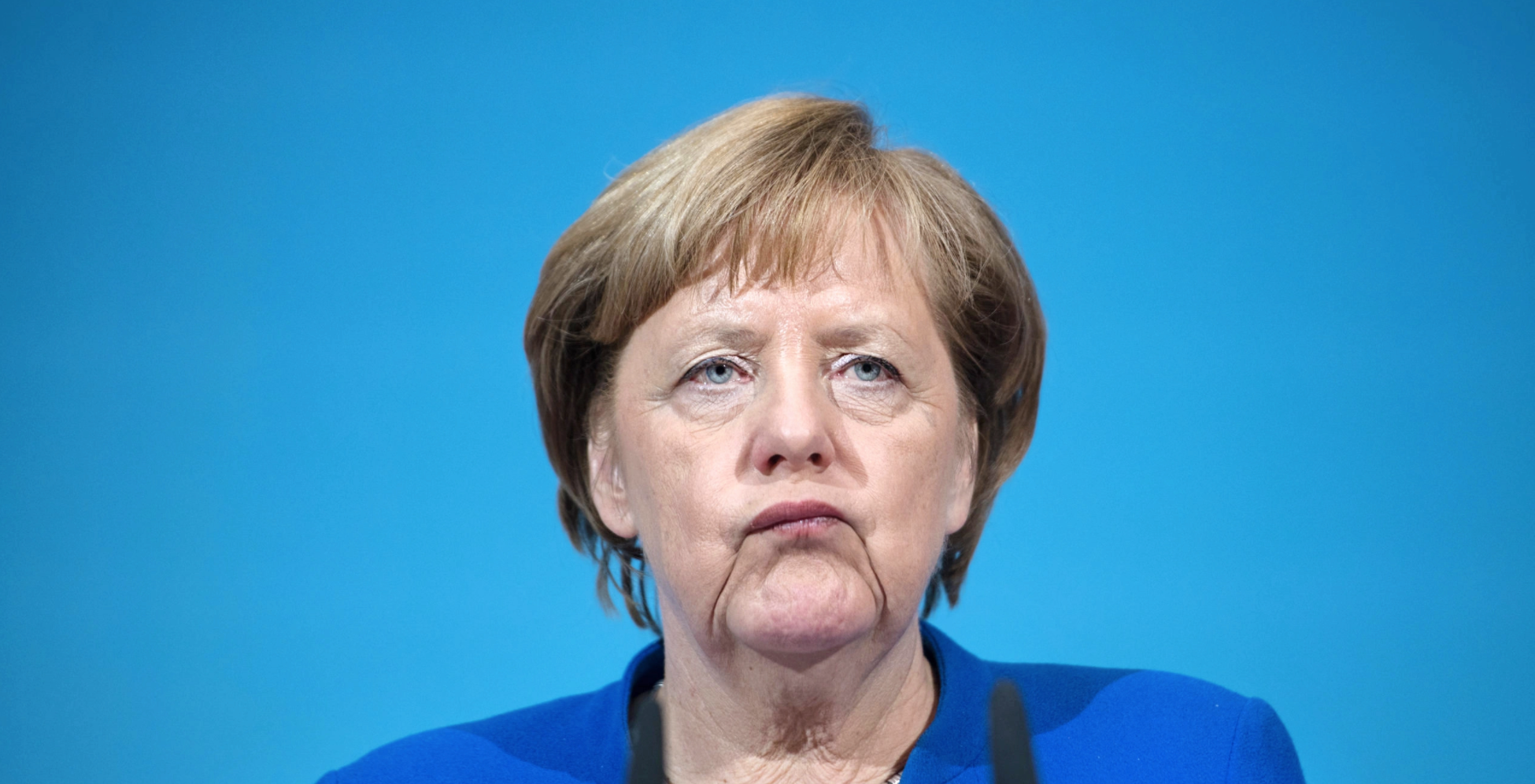On the eve of Angela Merkel’s political retirement, most Germans are feeling gloomy about their country’s future. A new poll showed that the majority believe Germany’s best days are behind it, with an astonishing 52% believing that the country’s ‘golden age’ has past. A plurality of other Europeans agree that the star of the continent’s largest economy is fading.
It is tempting to link this dent in Germany’s self-image and its prestige in Europe to the departure of Angela Merkel. In her sixteen years in government, she has shaped European policy and loomed large in the public perception as a stabilising force. The ECFR’s report goes as far as to claim that ‘without Merkel, the foundations of Germany’s leadership role in the EU will be significantly weaker’ while the Telegraph also speaks of ‘enduring support for the outgoing Mrs Merkel across the bloc.’
In Germany itself, however, few would see the Merkel era as the country’s golden age. Though the outgoing chancellor is still the most popular current politician, former officeholders, particularly the SPD chancellor Helmut Schmidt who ran the country from 1974-1982, rank far higher.
But another question we might want to ask is when, exactly, was Germany’s golden age?
In West Germany, the post-war years after the foundation of the country in 1949 were marked by an immense surge in economic and personal prosperity. The contrast between the so-called ‘economic miracle’ of the 1950s and the years of war and occupation that preceded it could not have been starker. It created a powerful and long-lasting image of the good old days in the collective German mind.
While the 1960s and 70s saw a slowing down of the progress made and minor blips during the slump of the early 1960s and the first oil-crisis of 1973, West Germany steered through these rough waters with comparative ease. What’s more, it managed to hold on to some of the highest living standards in the western world.
The real shock to German happiness did not come until the second oil crisis in 1979, which brought with it unemployment, stagnation, structural economic and social problems that would never go away again. In the first two years of the 1980s unemployment figures more than doubled from just under 1 million to 2.3 million by the time Helmut Kohl’s chancellorship began in 1982. The Kohl era of the 1980s and 1990s may be remembered for German reunification and European consolidation but many West Germans also experienced them as a period of decline where the shine of the golden post-war years was lost forever.
In East Germany too, the euphoria of the fall of the Berlin Wall soon began to fizzle out in the 1990s as the joy of a reunited country was tainted by high unemployment and lack of opportunity for the younger generations.
To middle-aged and older Germans, East and West alike, the relative prosperity and seemingly rock-solid certainty of economic progress of the 1960s and early 1970s was lost a long time ago — and with it the sheen of a new start for Germany after the wars and crimes of the past.
As Kohl’s political heir, Merkel may have been able to give Germans some of the reassurance they still crave. At least democracy seemed in safe hands. But the enthusiasm and optimism of the past were never rekindled in her sixteen years in power. Indeed, the last election was catastrophic for her CDU/CSU, which received its worst result since 1949 and only managed to form a governing coalition again after months of painful negotiation with Germany’s other declining political force, the SPD.
Next Sunday, Germans will nevertheless turn out to vote — but they will do so without much enthusiasm, aiming for continuity rather than progress.











Join the discussion
Join like minded readers that support our journalism by becoming a paid subscriber
To join the discussion in the comments, become a paid subscriber.
Join like minded readers that support our journalism, read unlimited articles and enjoy other subscriber-only benefits.
Subscribe